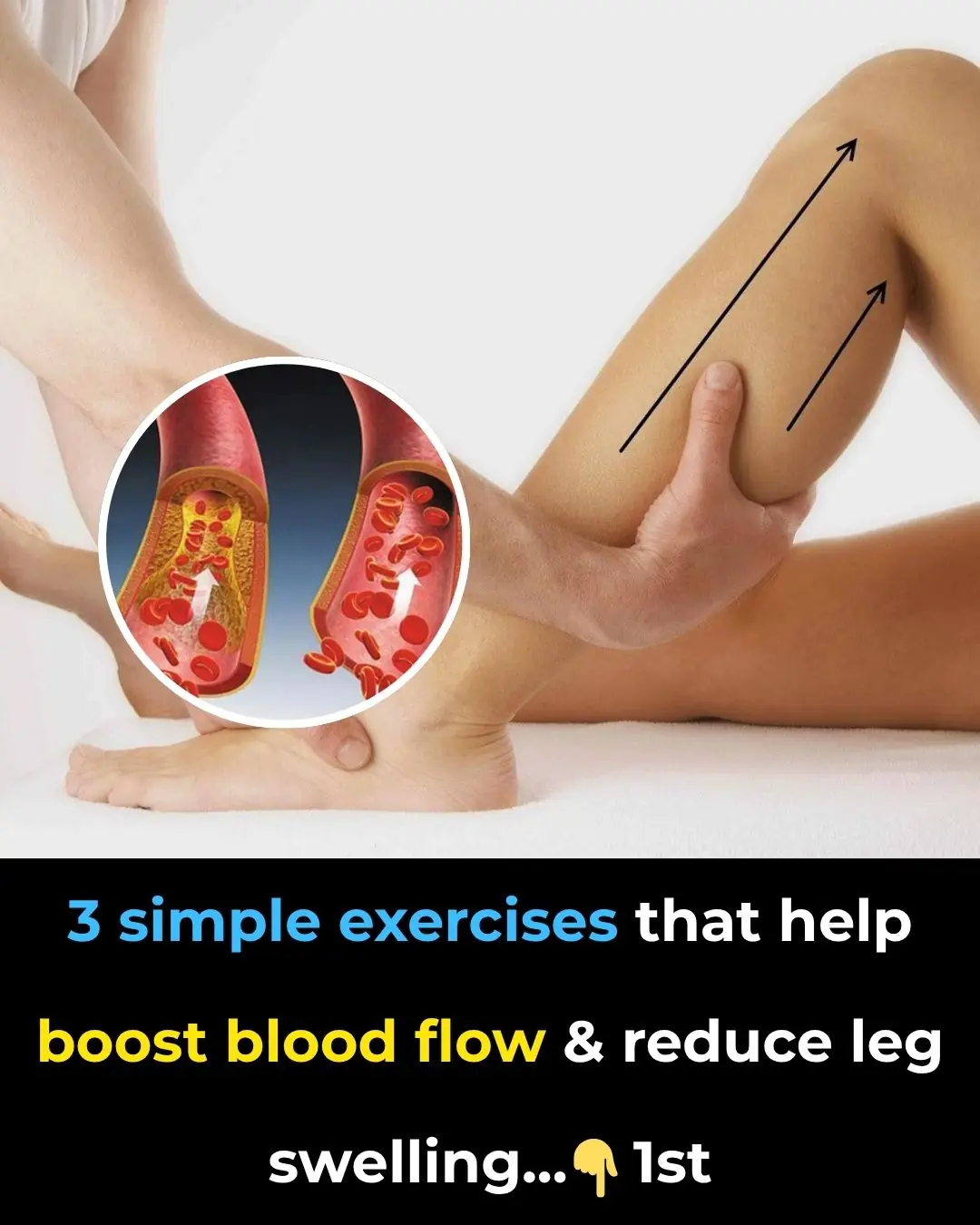
Powerball Winner Turns $2 Billion Fortune Toward Rebuilding Fire-Ravaged L.A. Homes

The Billion-Dollar Rebuilder: How Edwin Castro Turned His Jackpot into a Mission to Rebuild His Fire-Ravaged Hometown
When Edwin Castro won the record-breaking $2.04 billion Powerball jackpot in 2022, the world watched with fascination. Overnight, an ordinary man from Southern California became one of the richest private citizens in the nation. For most people, that story ends with yachts, secrecy, and gated estates. But Castro’s next chapter is far from typical. Instead of retreating into luxury, he has chosen to reinvest his fortune into the very place that shaped him — Altadena, California — a neighborhood that was both the birthplace of his luck and the site of devastating loss.
A Town Turned to Ashes
In January 2025, catastrophe struck. The Eaton Fire tore through Altadena and nearby mountain communities, merging with the Palisades Fire to become one of the most destructive disasters in California’s recent memory. By the time the flames subsided, at least 31 people were dead, more than 16,000 structures lay in ruins, and the emotional toll was immeasurable. Nearly 9,000 homes in Altadena alone were destroyed. What had been a peaceful foothill town now looked like a war zone.
Residents faced a cascade of challenges: endless insurance disputes, skyrocketing rebuilding costs, and the looming fear that wealthy investors would swoop in to buy what was left. The tragedy wasn’t just physical — it was existential. Many worried that the character of Altadena, with its close-knit neighborhoods and century-old craftsman homes, might disappear forever.
That was when Edwin Castro quietly began to act. Instead of distancing himself from the disaster, he started purchasing fire-damaged lots, telling The Wall Street Journal that one of them would soon become “a home for a family that wants to move in.” His reasoning was disarmingly simple: “Those are the people that need to be looked out for right now.”
From Fortune to Purpose
It’s rare for a lottery winner to turn sudden wealth into civic renewal. Most stories of instant billionaires focus on excess or withdrawal — extravagant cars, art collections, or private islands. Castro’s decision to use his winnings to rebuild homes for working families stands in stark contrast. Rather than seeing Altadena as a chapter closed, he sees it as a lifelong responsibility.
His vision is to restore what was lost — not just roofs and walls, but community identity. He plans to construct homes modeled after Altadena’s early 20th-century craftsman style, known for their wooden beams, deep porches, and natural warmth. “I want it to feel like the old neighborhood,” he explained. “Like if you put all those houses pre-fire in a time bubble.” It’s a nostalgic dream — but also a profoundly human one.
The Eaton Fire’s aftermath created fertile ground for exploitation. Real-estate speculators descended as soon as the smoke cleared, snapping up scorched plots for future high-end development. That pattern has haunted countless California towns — Paradise, Santa Rosa, Ventura — where rebuilding has often prioritized profit over recovery. Castro, who previously worked as an architectural consultant, has made it clear that his approach is guided by conscience: “Wealth should not erase community; it should strengthen it.”
Building With History and Heart
Castro’s connection to construction runs deep. His father, a laborer who helped build the Getty Museum in Malibu, taught him to view architecture as a form of legacy. “He’d point at buildings and say, ‘I worked on that,’” Castro recalled. That sense of pride and purpose now shapes his own efforts to rebuild Altadena.
Rather than handing out charity, Castro is designing attainable homes — built with durable materials, fair wages, and long-term sustainability in mind. “The profit margin doesn’t need to be egregious,” he said. “But it does need to make sense if we want the rebuilding to last.” His approach blends compassion with pragmatism — a reminder that ethical rebuilding doesn’t require philanthropy alone; it requires stewardship.
A Cautious Community, a Growing Hope
Not everyone is without concern. As PEOPLE magazine reported, residents have circulated petitions calling for limits on outside land purchases. Their worry is familiar: what if the same capital that rebuilds the town also prices them out of it? California’s history is filled with such transformations — once-humble towns becoming speculative playgrounds.
Still, Castro’s deep roots in Altadena make his efforts different. “At least he’s from here, and he remembers what it was before,” one local resident told The Wall Street Journal. That statement captures a cautious but growing optimism — the hope that rebuilding can preserve belonging rather than erase it. Castro’s involvement is proving that the emotional geography of a town matters as much as its physical one.
Symbols of Survival
Perhaps the most poetic twist of all is that Joe’s Service Center — the humble gas station where Castro purchased his winning ticket — was one of the few buildings to survive the Eaton Fire. Locals now see it as sacred ground, a reminder that even amid chaos, luck and resilience can coexist. What was once the site of unimaginable fortune has become a symbol of endurance, anchoring the community’s recovery.
Rebuilding for a Changed Climate
California’s worsening wildfire crisis looms over every rebuilding effort. In 2024 alone, more than 400,000 acres burned across the state. Climate scientists warn that longer droughts, hotter summers, and erratic winds will continue to turn fire season into a year-round threat. At UCLA’s Institute of the Environment and Sustainability, researchers argue that post-fire reconstruction must emphasize fire-resistant materials, defensible landscapes, and ecological restoration.
Castro’s designs reportedly incorporate these principles — from fire-retardant roofing to native, low-flame vegetation. In this sense, his rebuilding effort bridges heritage and innovation: homes that honor the past while protecting against an uncertain future.
Rebuilding the Invisible
Beyond structures, there is the emotional architecture of recovery — the rebuilding of trust, safety, and memory. Studies in Environmental Health Perspectives show that wildfire survivors often endure years of trauma, depression, and displacement. Home, then, becomes more than shelter; it’s a psychological anchor. Castro’s people-first philosophy recognizes that healing a community means restoring its sense of belonging.
As new homes rise across Altadena’s hills, they carry more than lumber and nails — they carry the collective hope that life can return to what it once was. Psychologists note that community-led rebuilding, rather than top-down redevelopment, produces stronger long-term outcomes. In this light, Castro’s initiative becomes not merely a construction project, but an act of social repair.
Reflection: Wealth, Responsibility, and Renewal
Edwin Castro’s evolution from architect to billionaire benefactor raises a timeless question: what is wealth for? His story pushes back against cynicism, showing that sudden prosperity need not corrupt. Instead of escaping his roots, he has chosen to reinvest in them. His rebuilding efforts, grounded in empathy and practicality, reveal a larger truth — that money guided by conscience can build more than houses; it can build futures.
Today, the hills of Altadena are dotted with both charred remains and new foundations. Hope is being poured, quite literally, into the soil. Castro’s journey shows that luck alone doesn’t define legacy — what we do with it does. In an era marked by climate catastrophe and inequality, his story stands as a reminder that even the most improbable fortune can be transformed into purpose. Wealth, when paired with humanity, can become the blueprint for renewal itself.
News in the same category

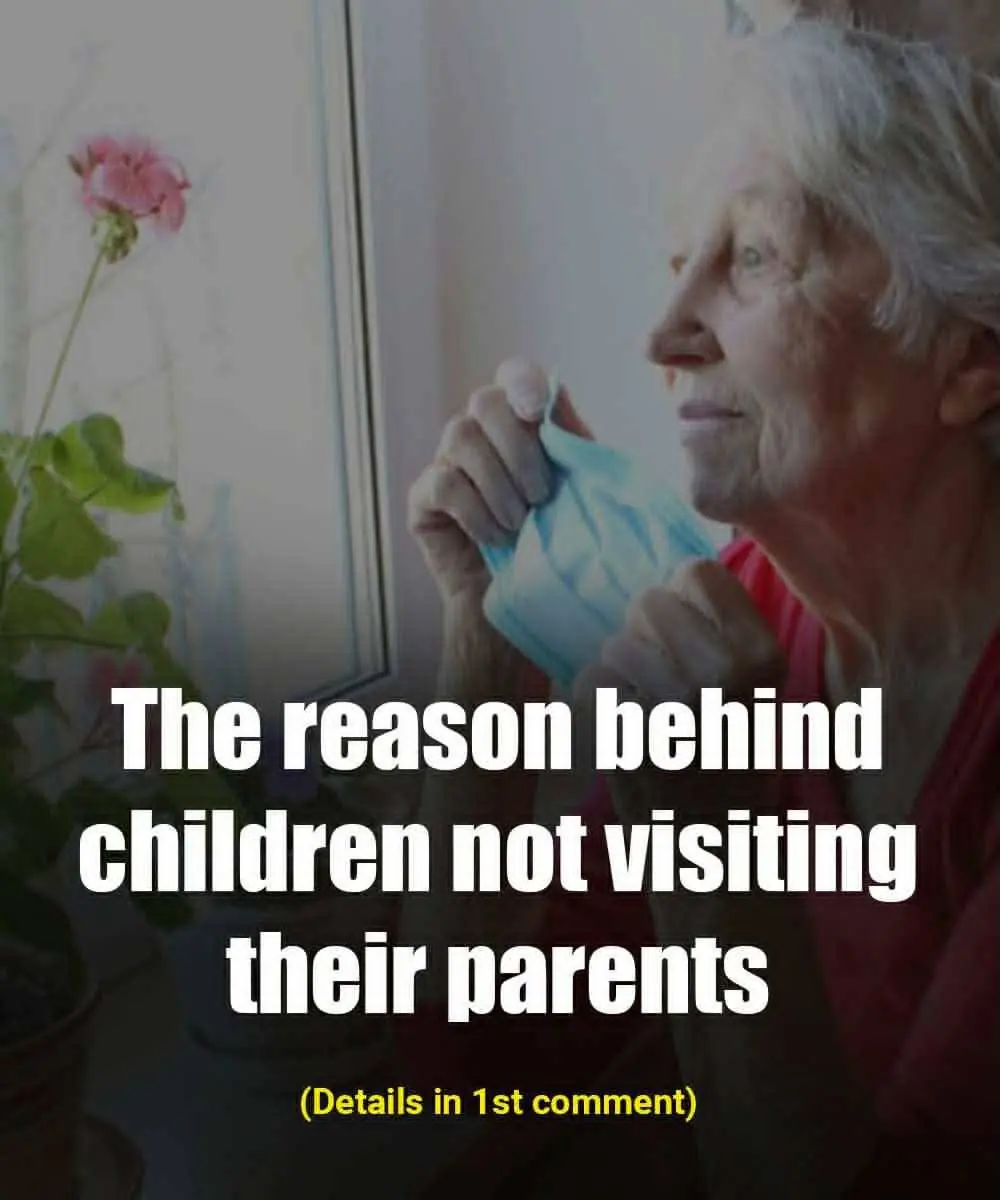
The reason behind children not visiting their parents
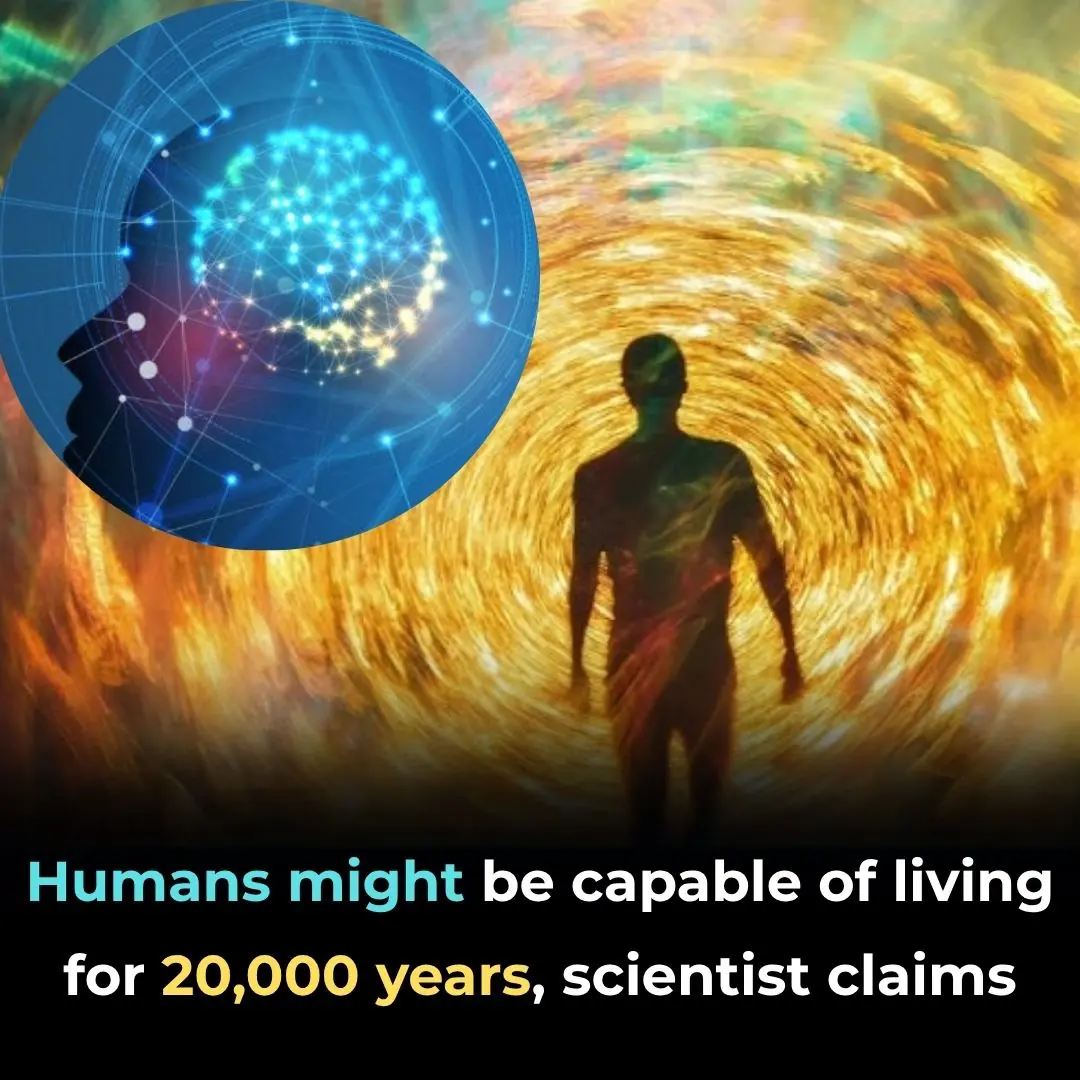
The Astonishing Claim That Humans Might Be Built for 20,000 Years

Signs Your Adult Child May Resent How You Raised Them
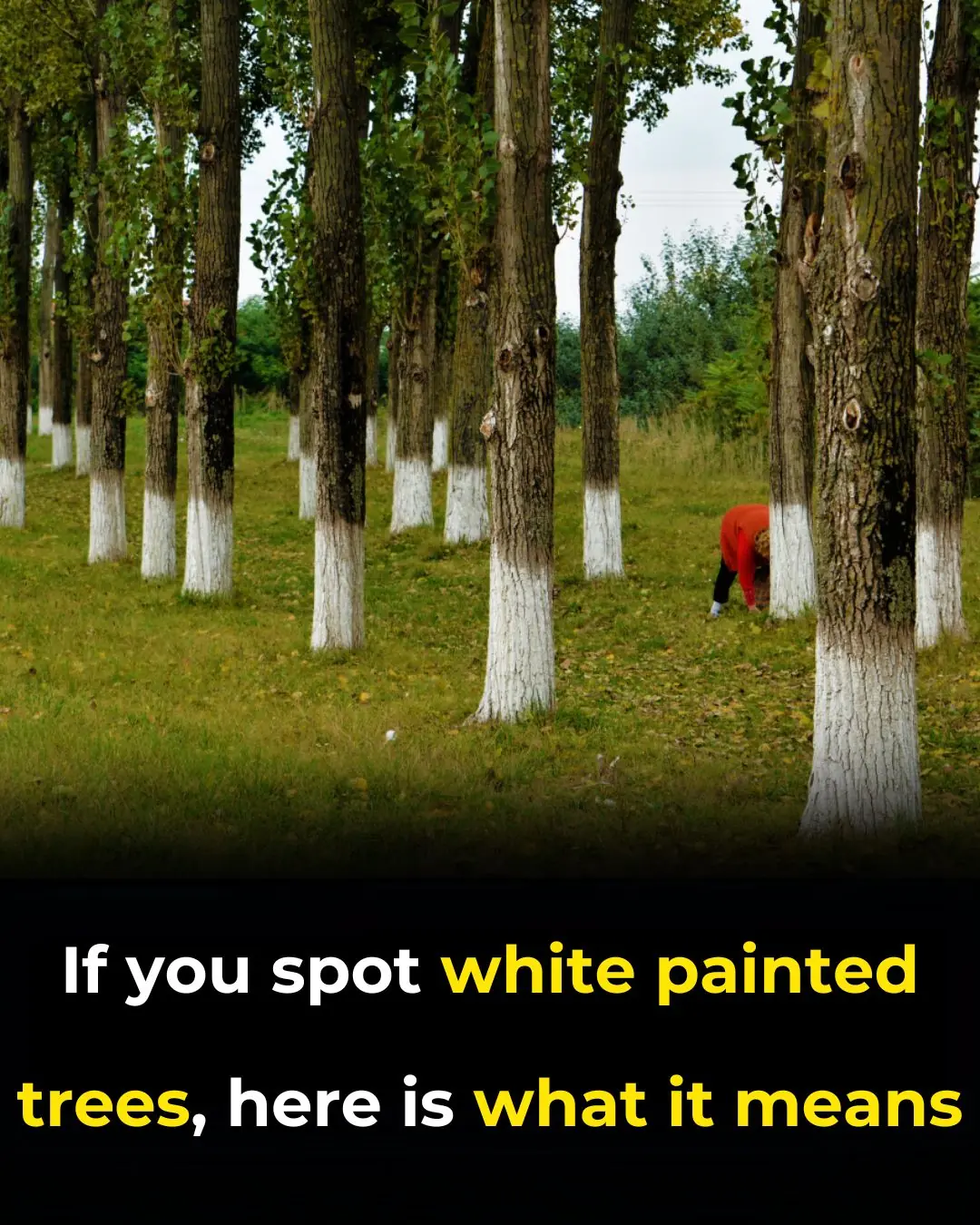
What’s the Reason Behind Painting Trees White?
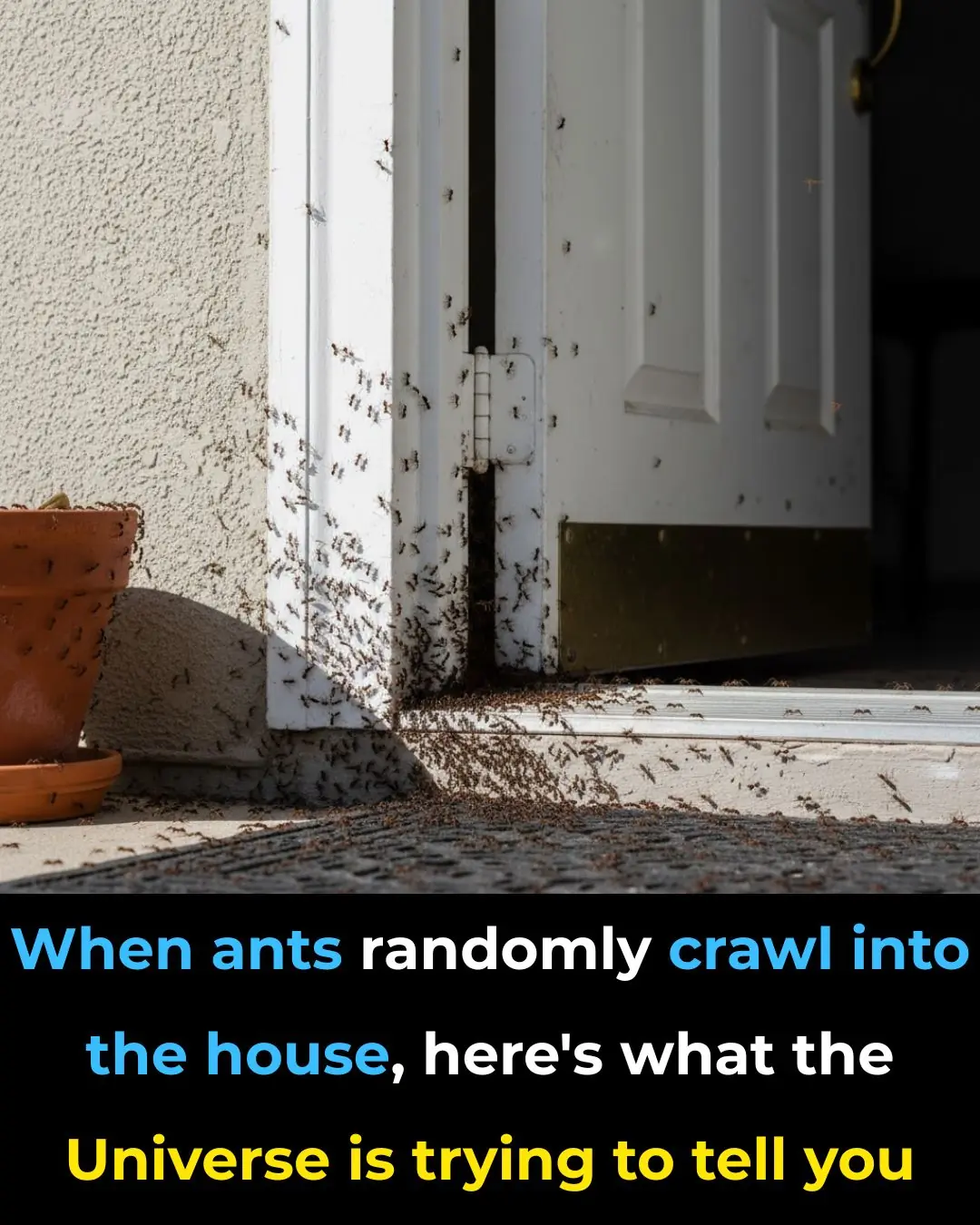
When ants randomly crawl into the house, here's what the Universe is trying to tell you
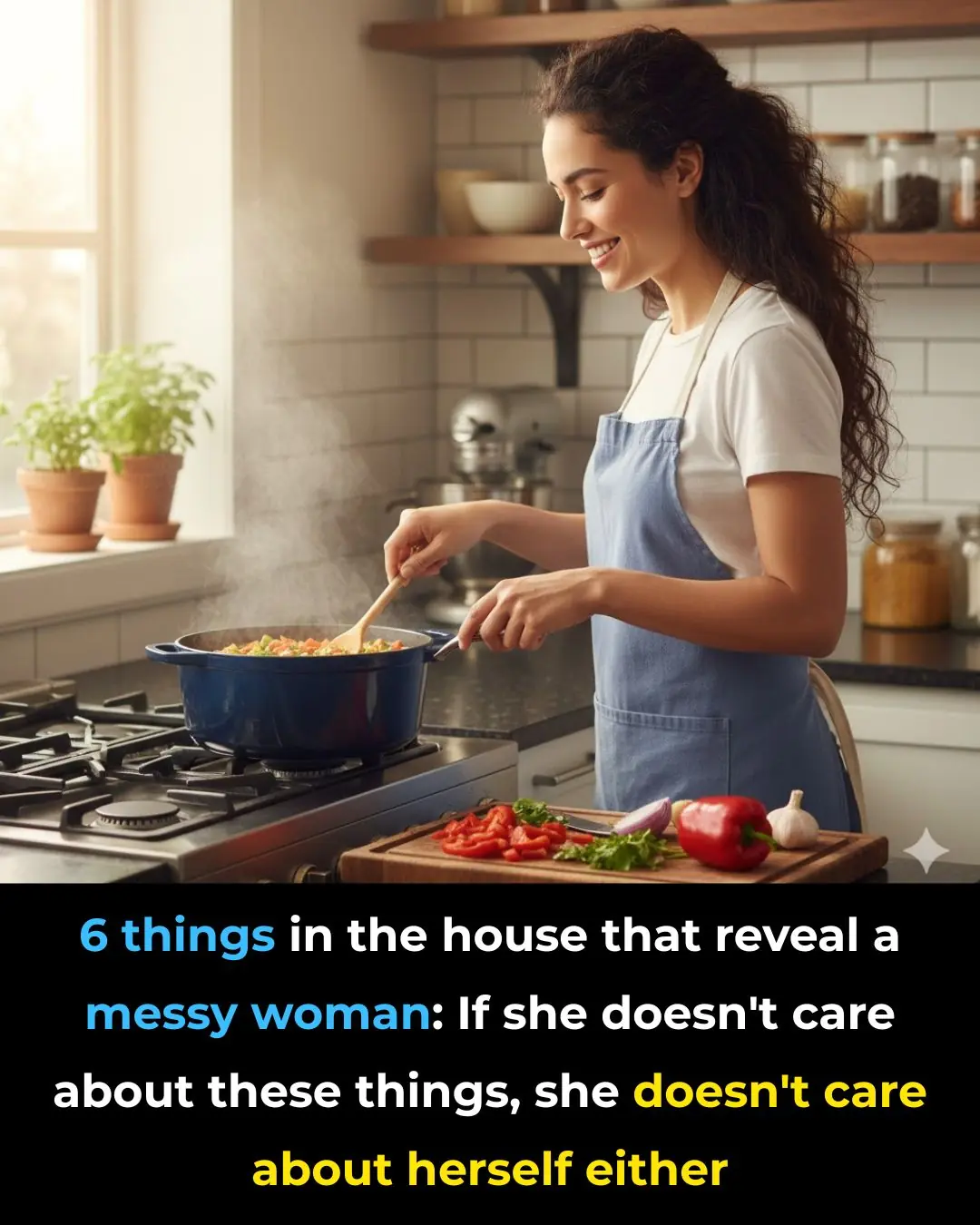
6 things in the house that reveal a messy woman
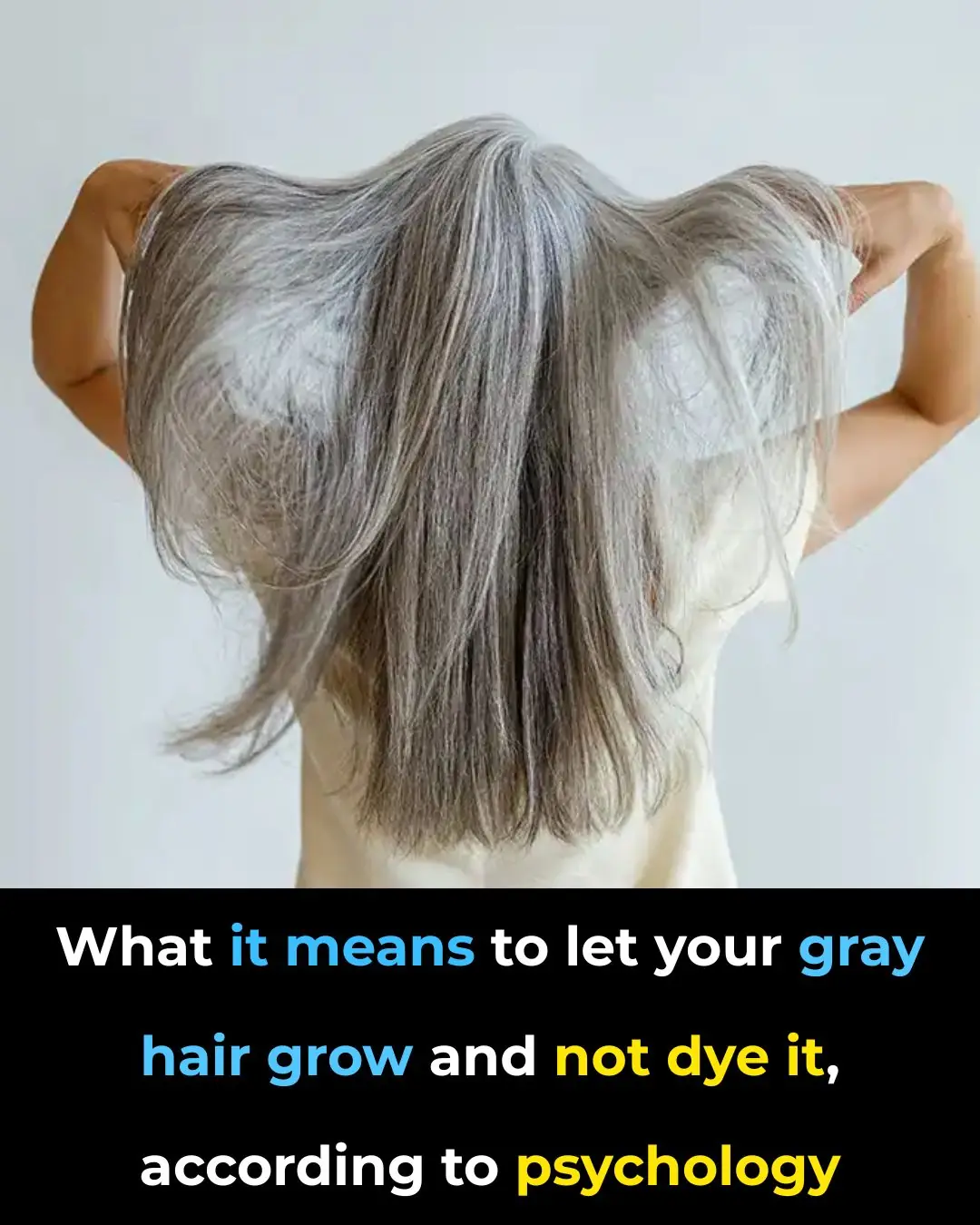
What it means to let your gray hair grow and not dye it, according to psychology
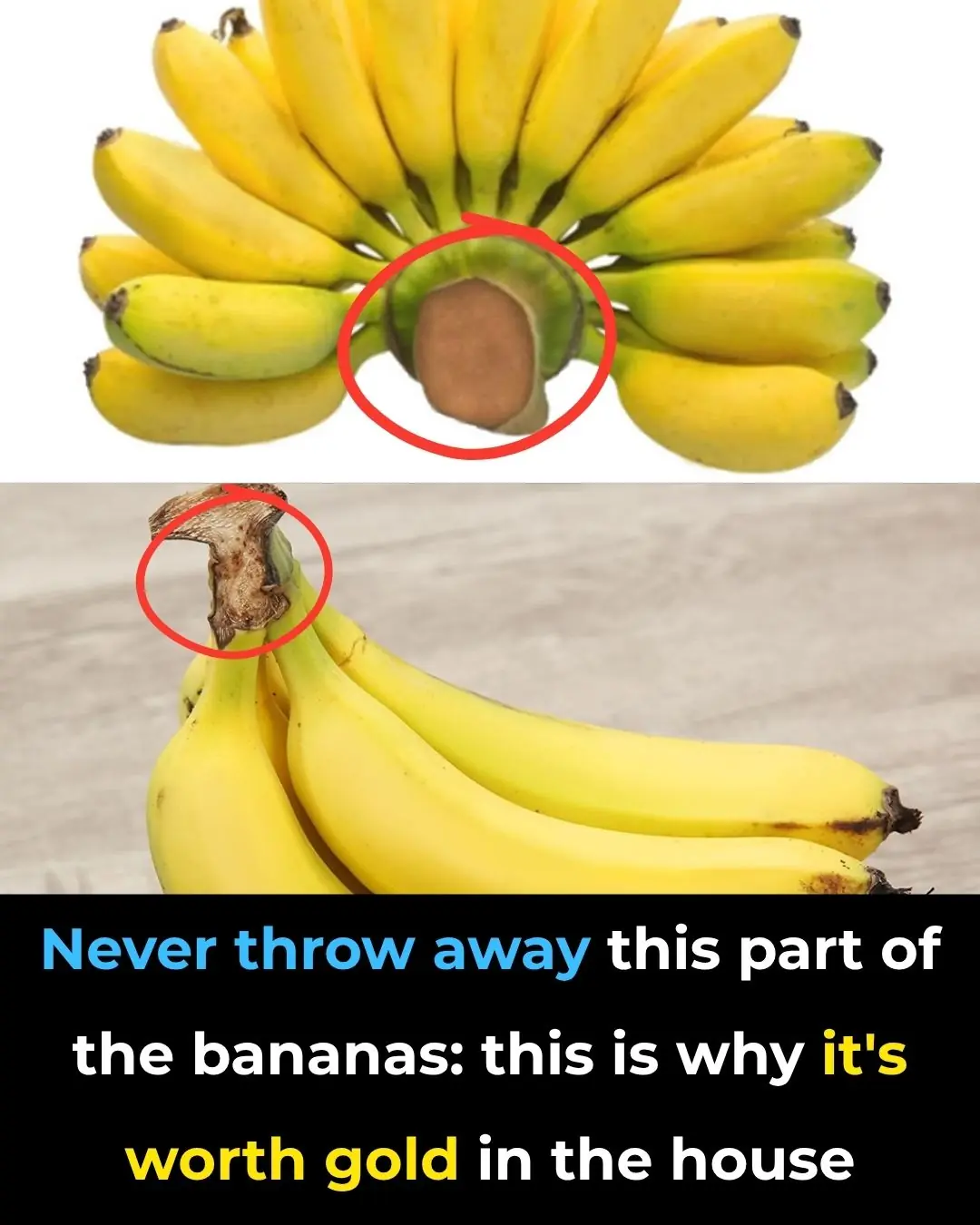
Never throw away this part of the bananas: that's why it's worth its weight in gold in the house
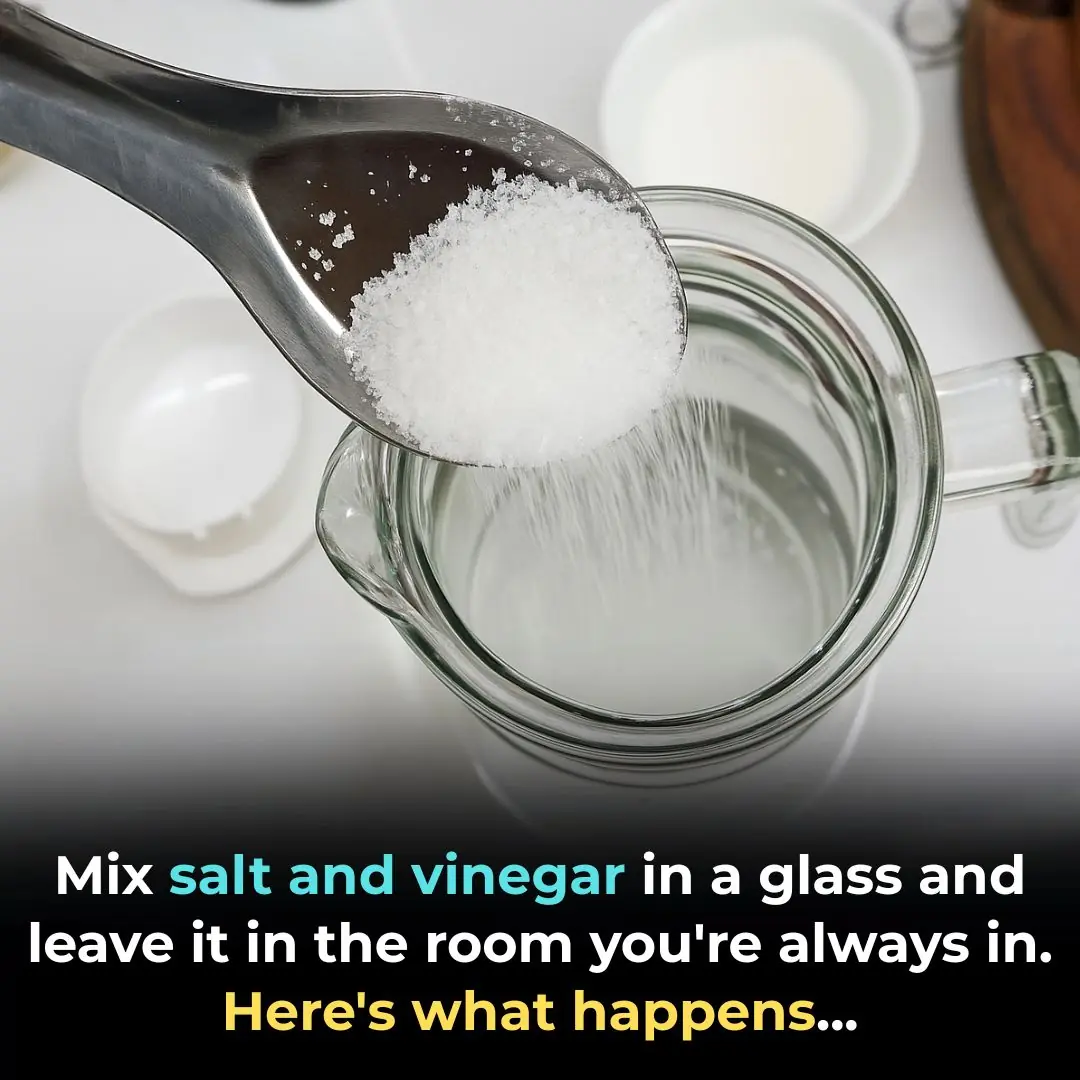
What Mixing Vinegar, Salt, and Water Does?

The Surprising Purpose of the Metal Part Between Scissors’ Handles
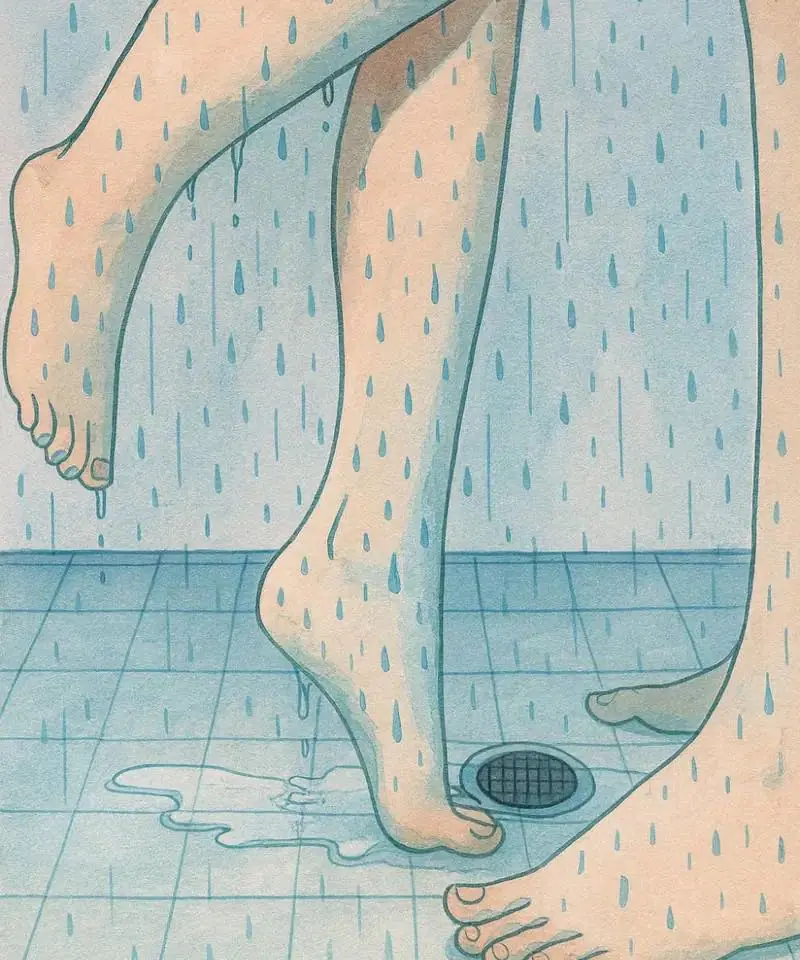
Showering with Your Partner
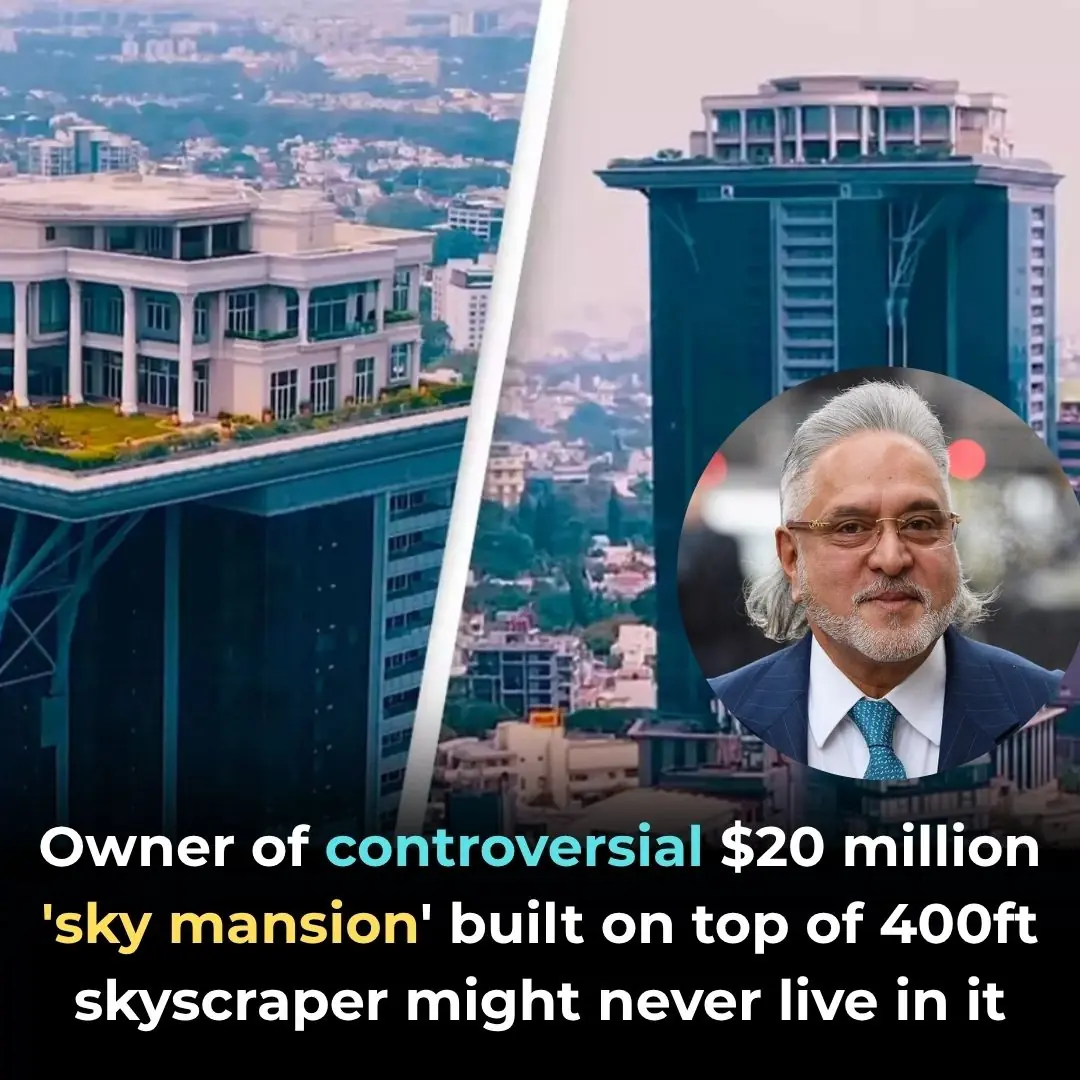
How a $20 Million Dream Home Became a Monument to Nowhere
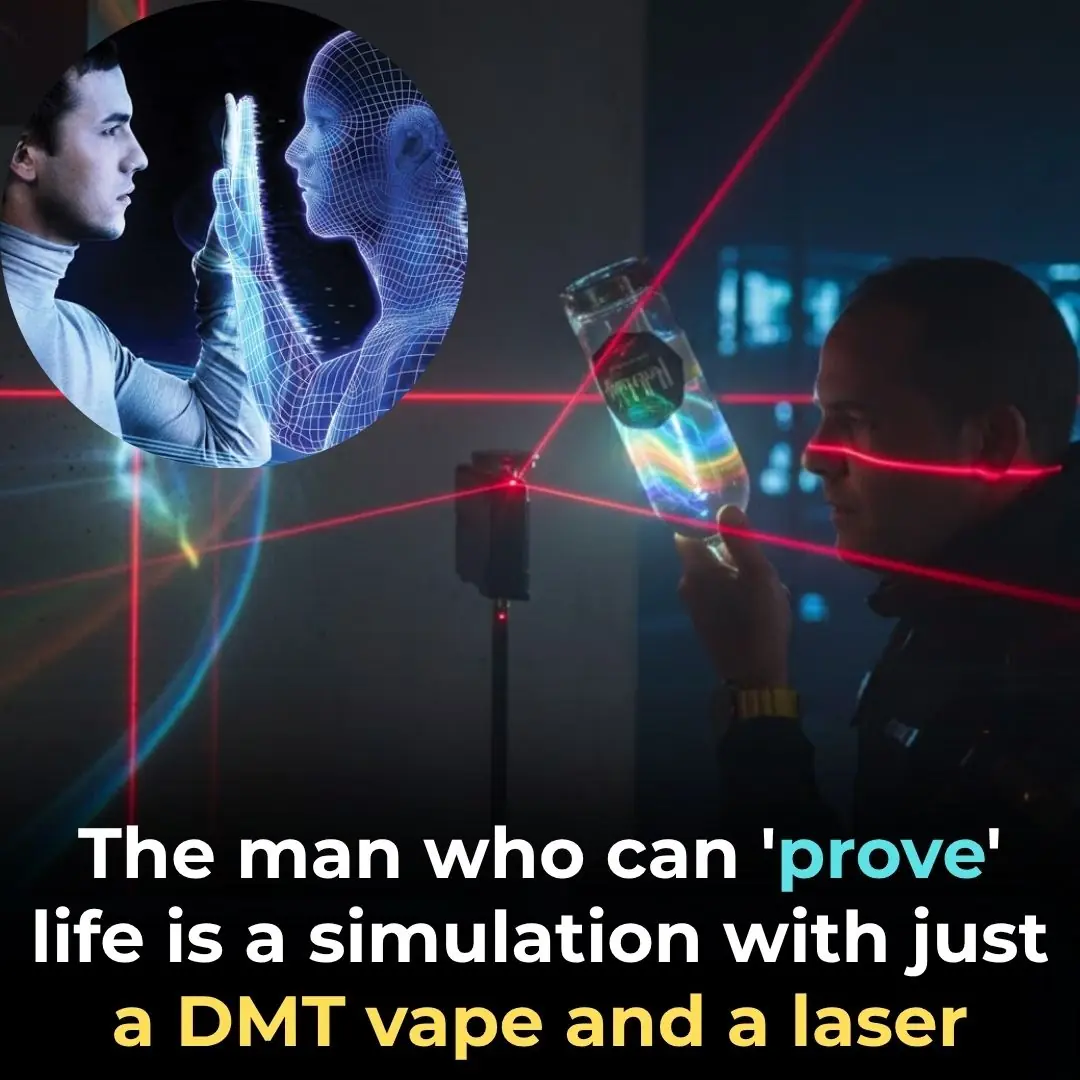
The Man Who Can ‘Prove’ Life Is a Simulation With Just a DMT Vape and a Laser

What You See First Reveals a Key Trait of Your Personality

iPhone owners in utter shock after user points out 'never seen before' design 'flaw'
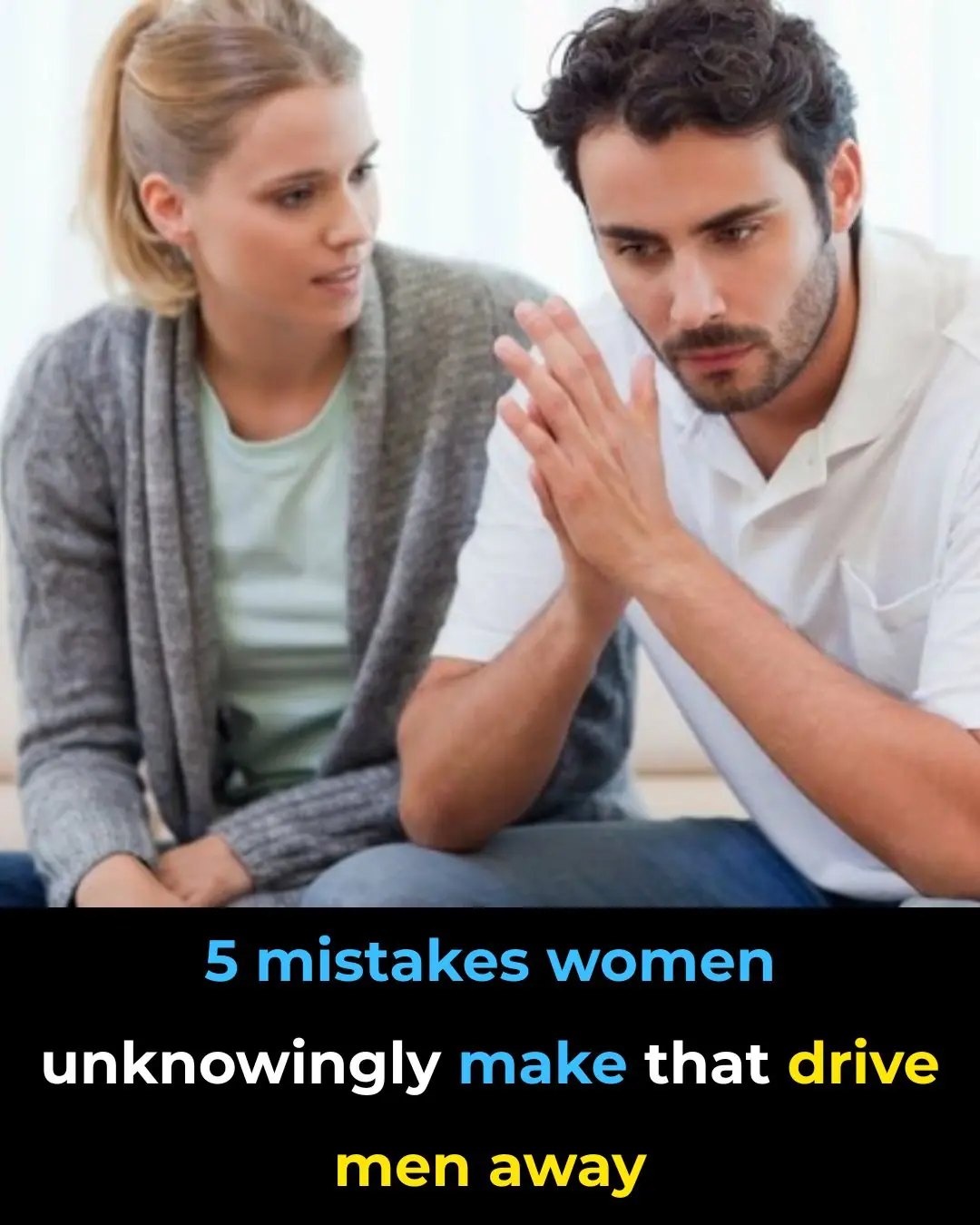
5 Mistakes Women Unknowingly Make That Drive Men Away
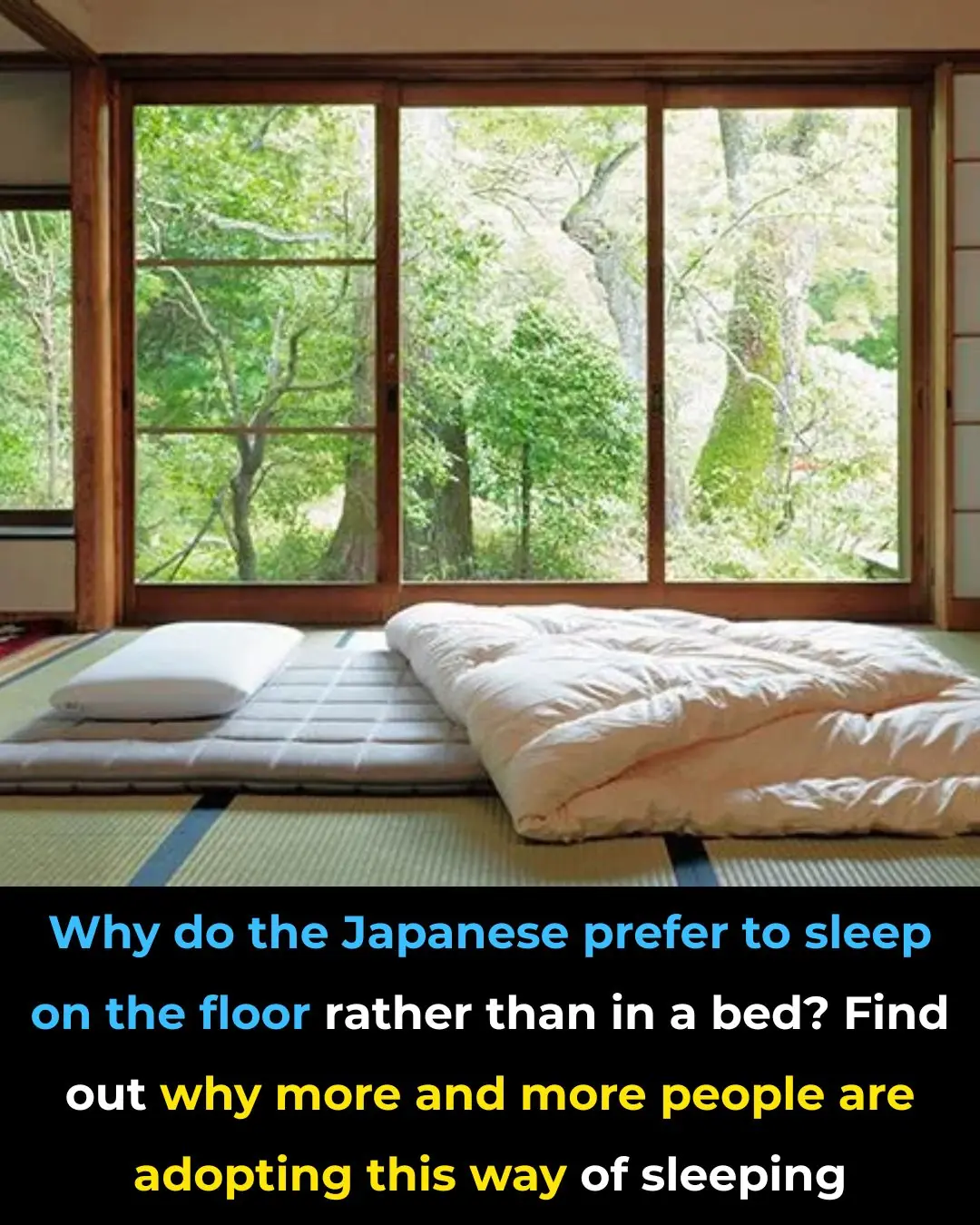
The Tradition Behind Japanese Floor Sleeping
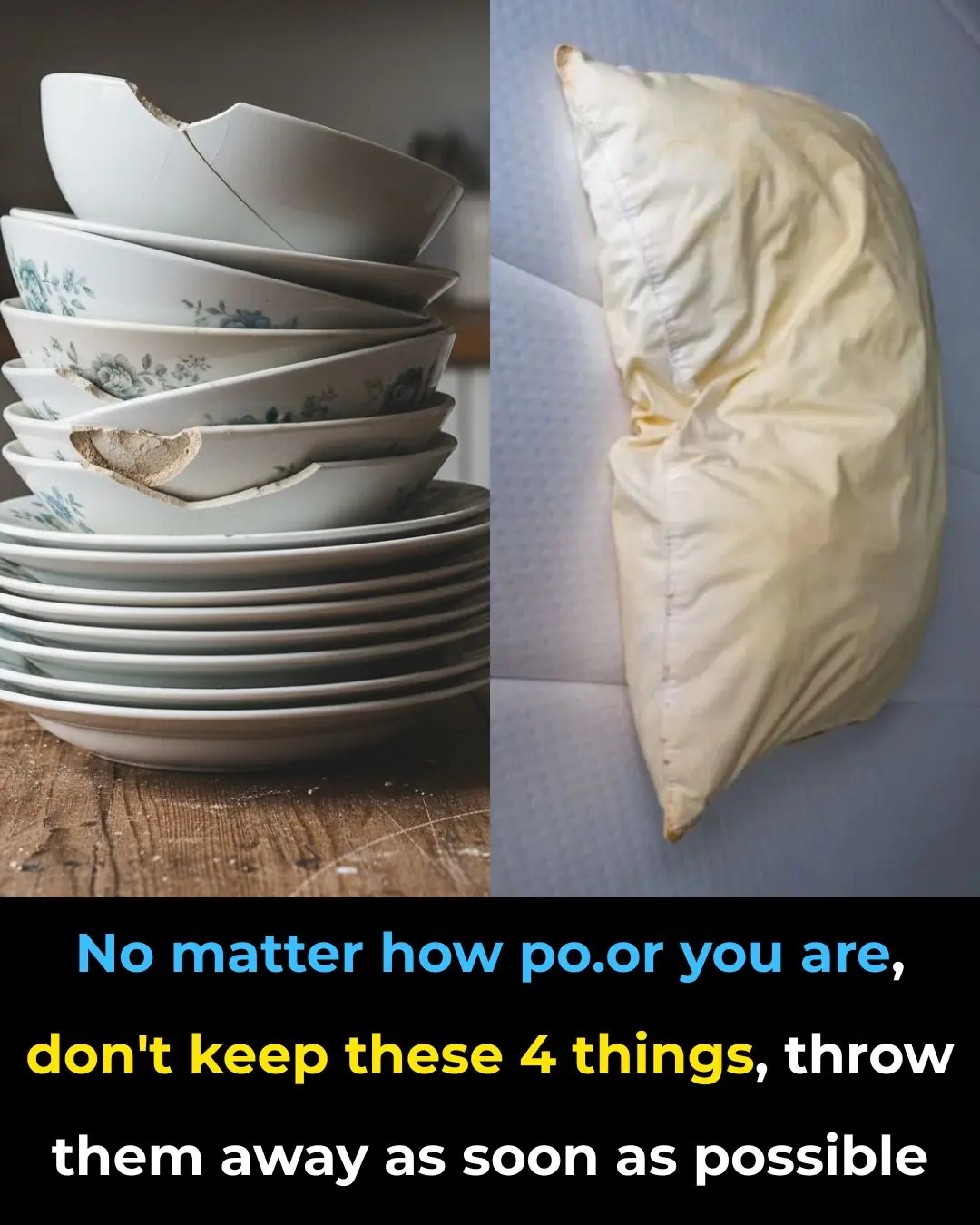
14 Items to Throw Away Right Now
News Post

What Your Lips Say About Your Health

Important News for Everyone Who Loves a Daytime Nap

The Night Edith Found Her Angels at a Waffle House
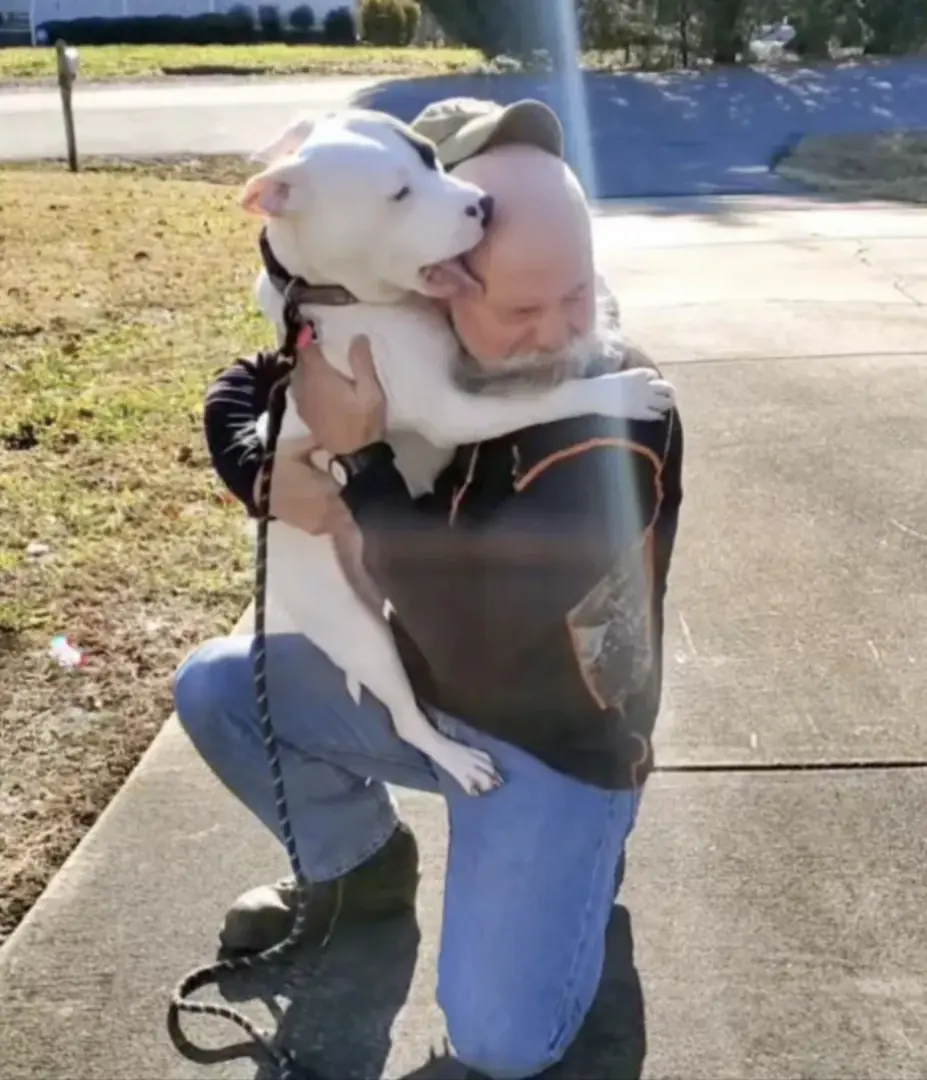
The Dog Who Healed Our Hearts: A Story of Rescue, Love, and Second Chances
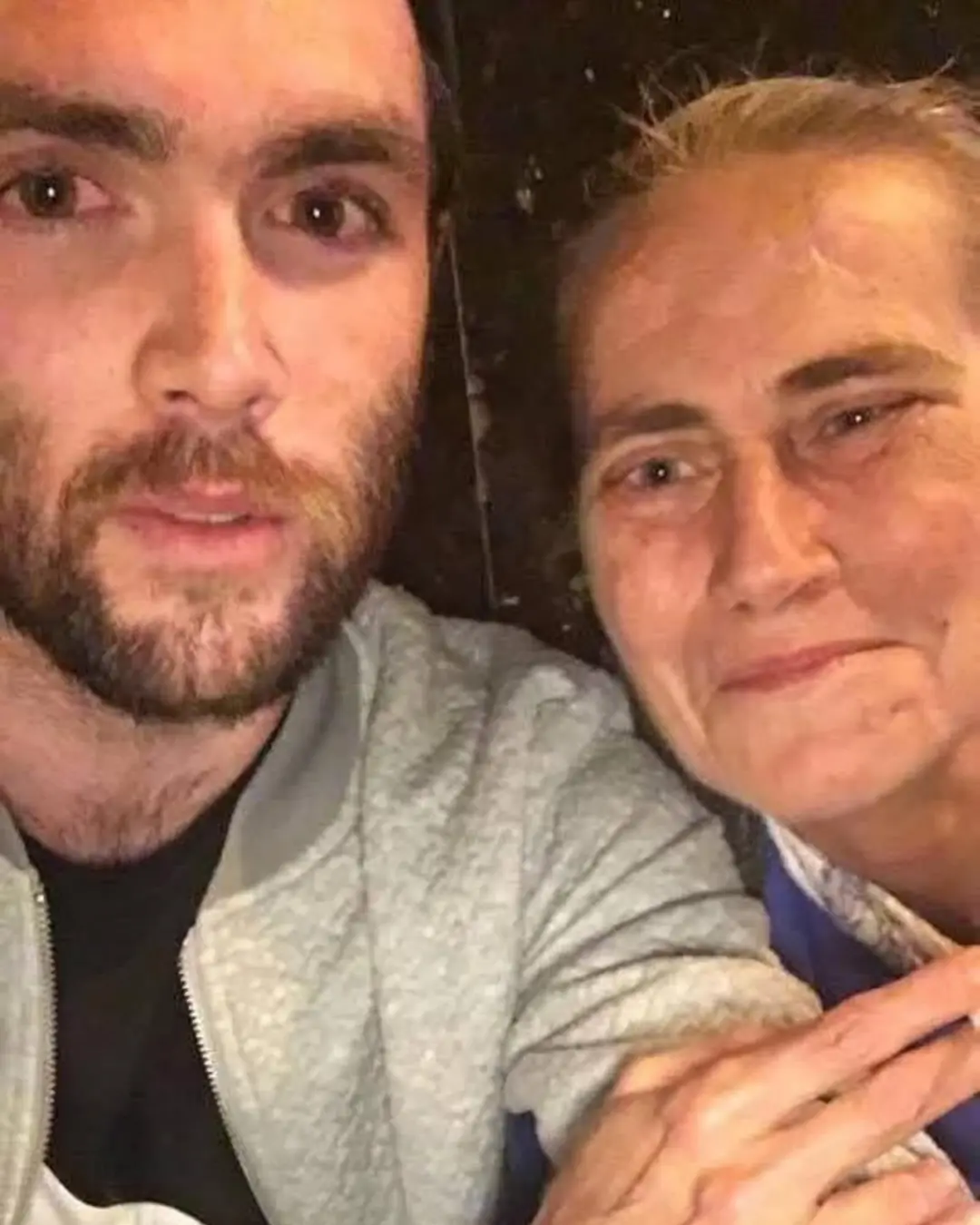
A Night at McDonald’s That Changed a Life — And Mine
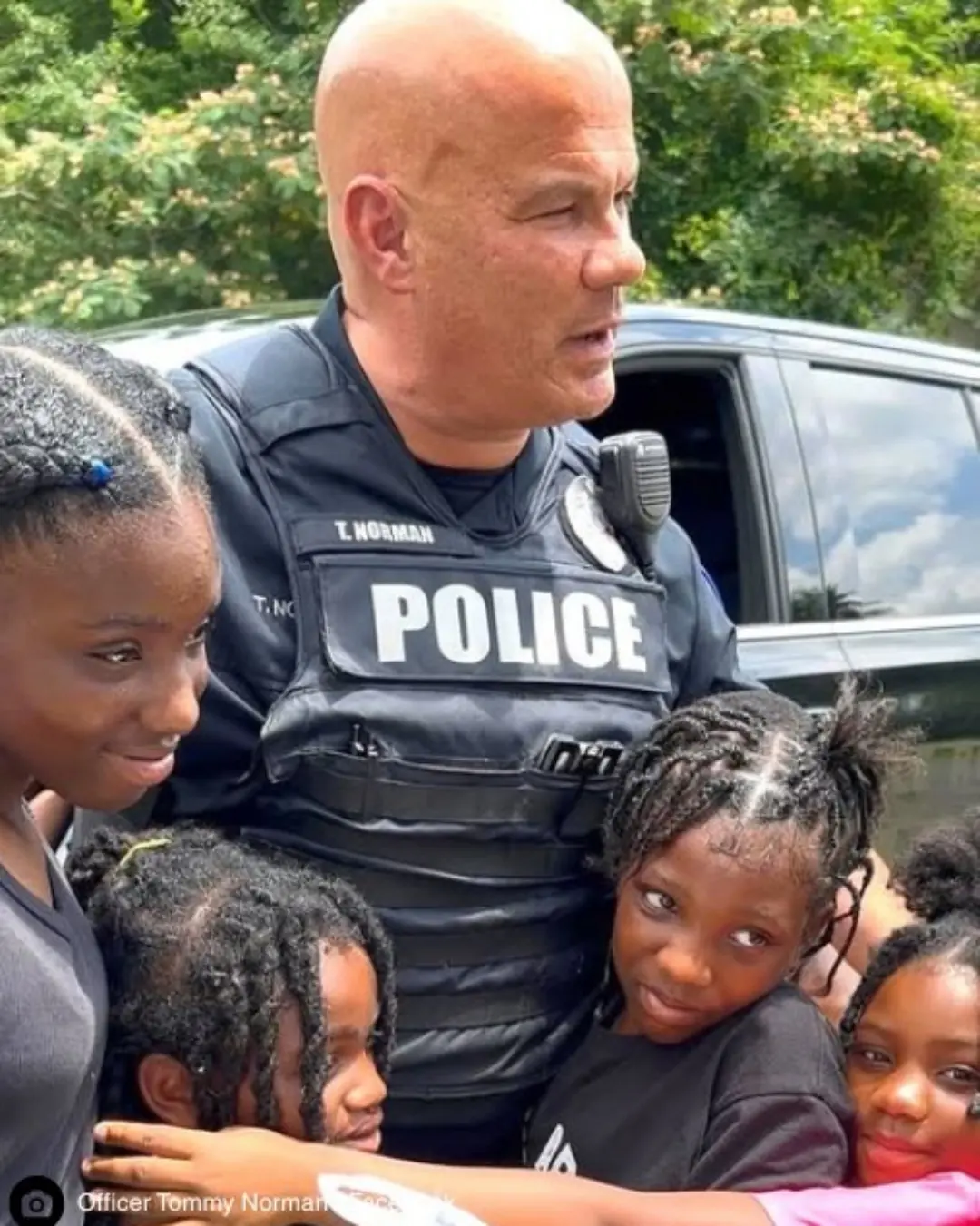
Beyond the Badge: A Police Officer’s Reflection on True Community Connection

Koda the Christmas Bandit: The Dog Who Unwrapped Every Gift Under the Tree
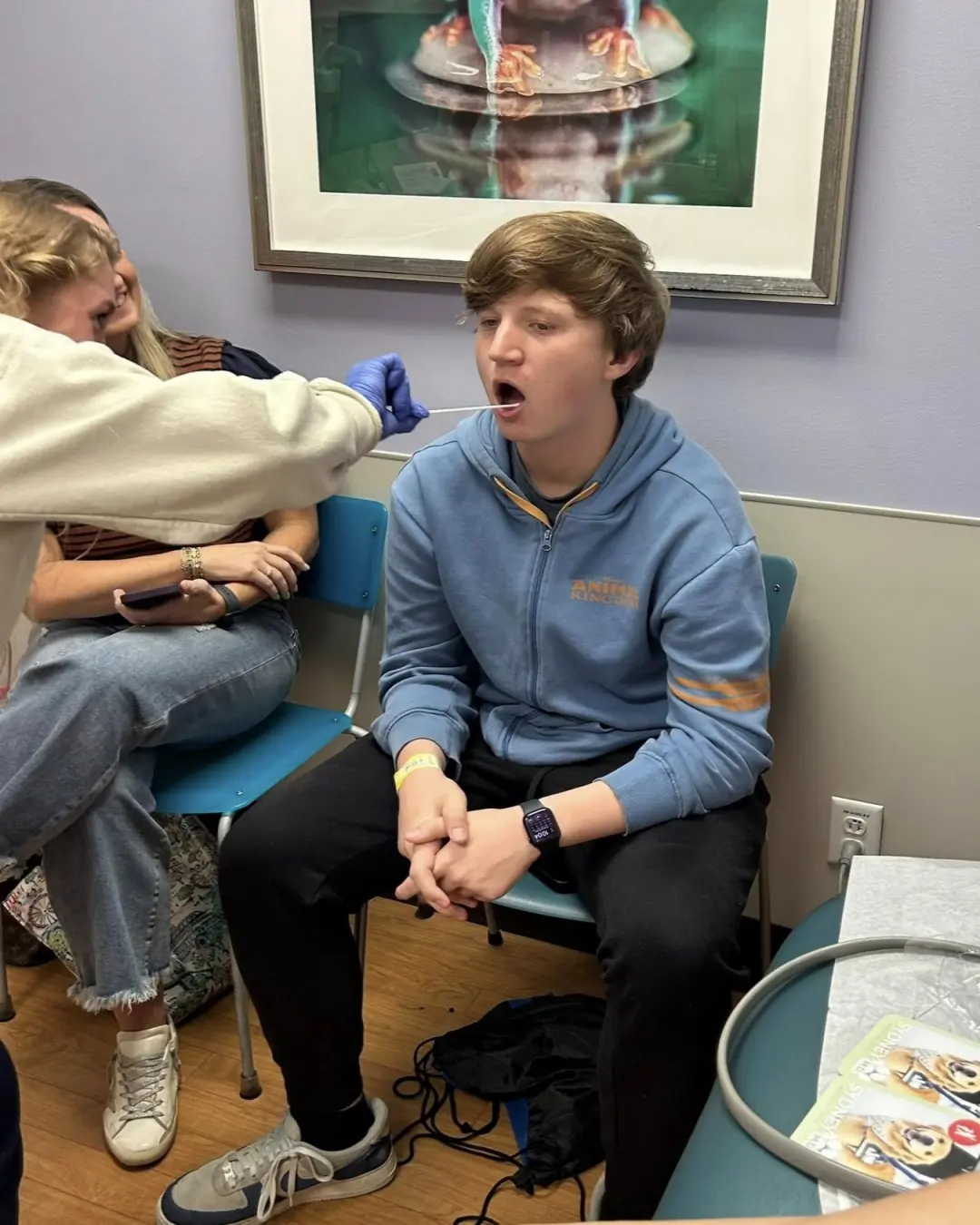
A Brother’s Gift: Caleb’s Courage for His Sister Libby
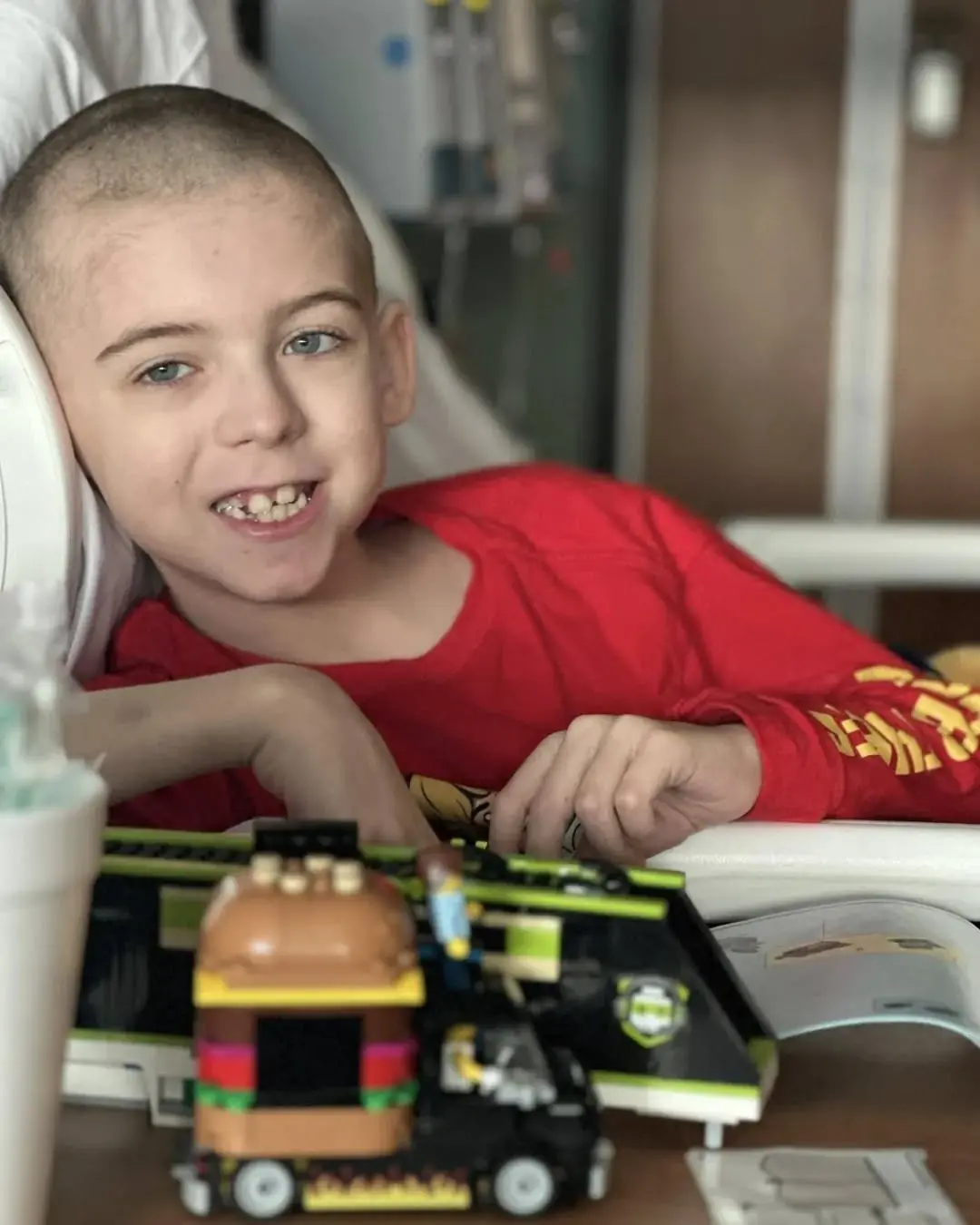
Two Brothers, One Battle: The Scotts’ Fight for Life and Hope
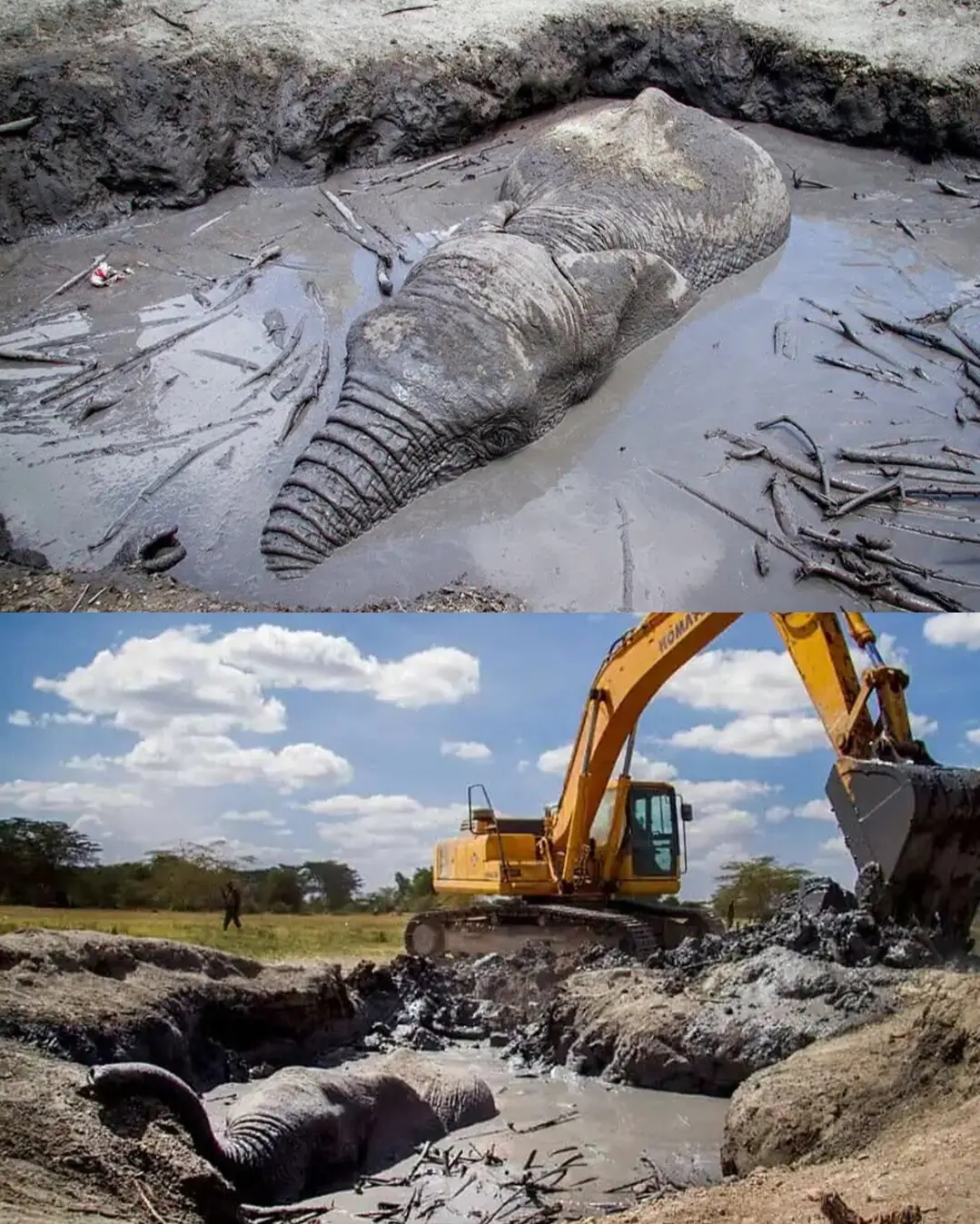
An Elephant’s Cry, A Human Answer.
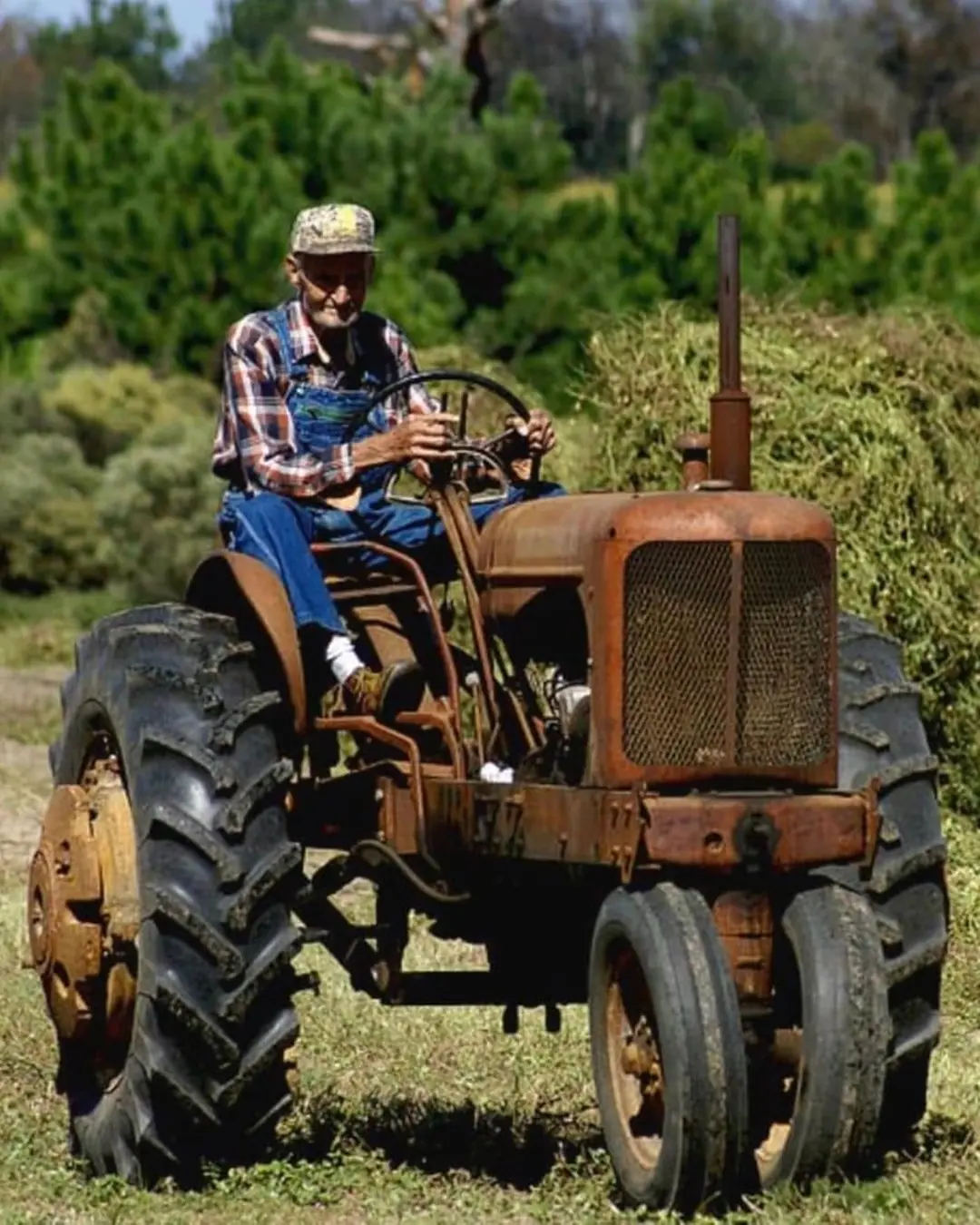
The Farmer’s Slow Lane
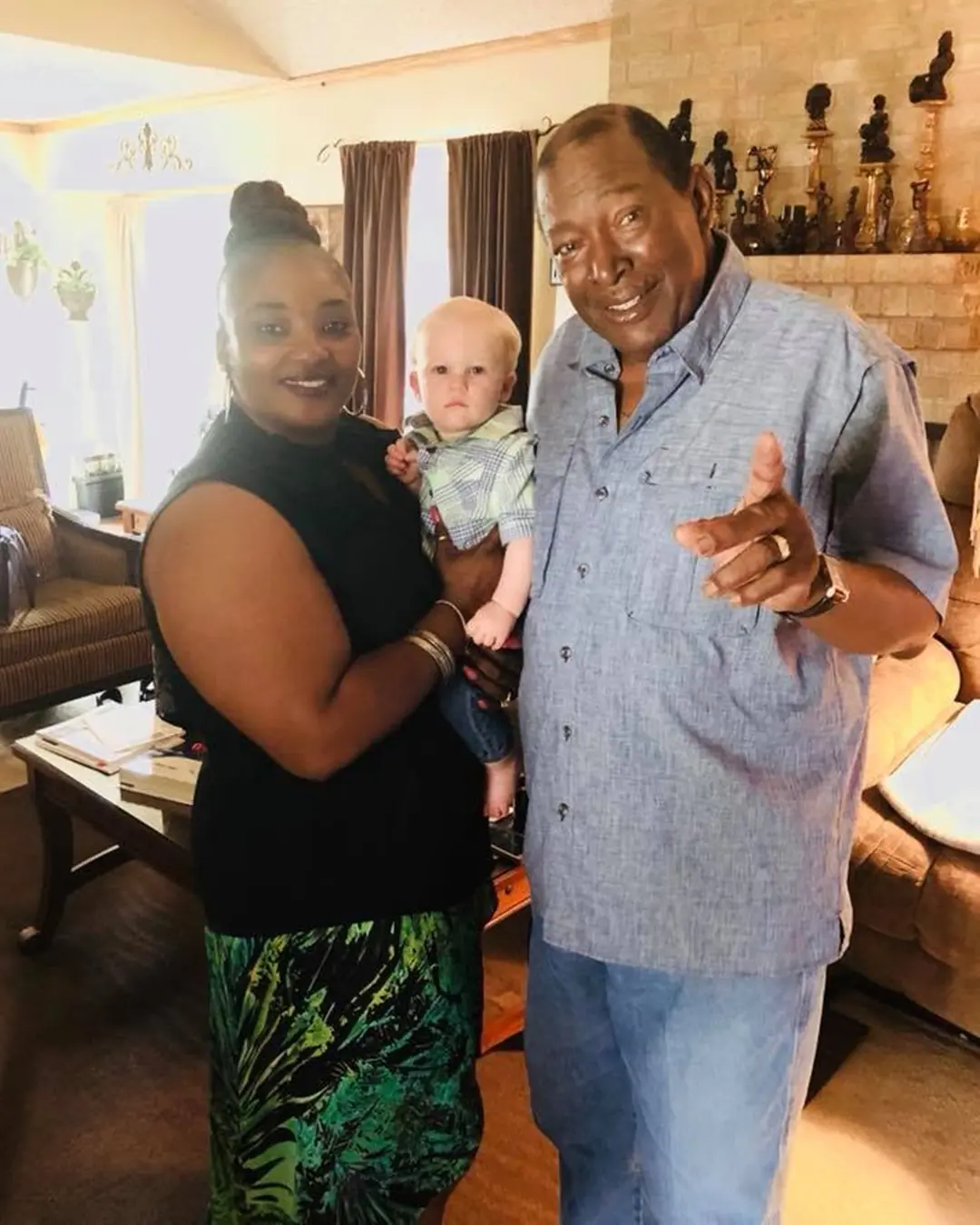
The Gift of a Grandfather Without Bloodlines.

12 Powerful Natural Painkillers Found in Your Kitchen

11 Honey Remedies That Truly Work
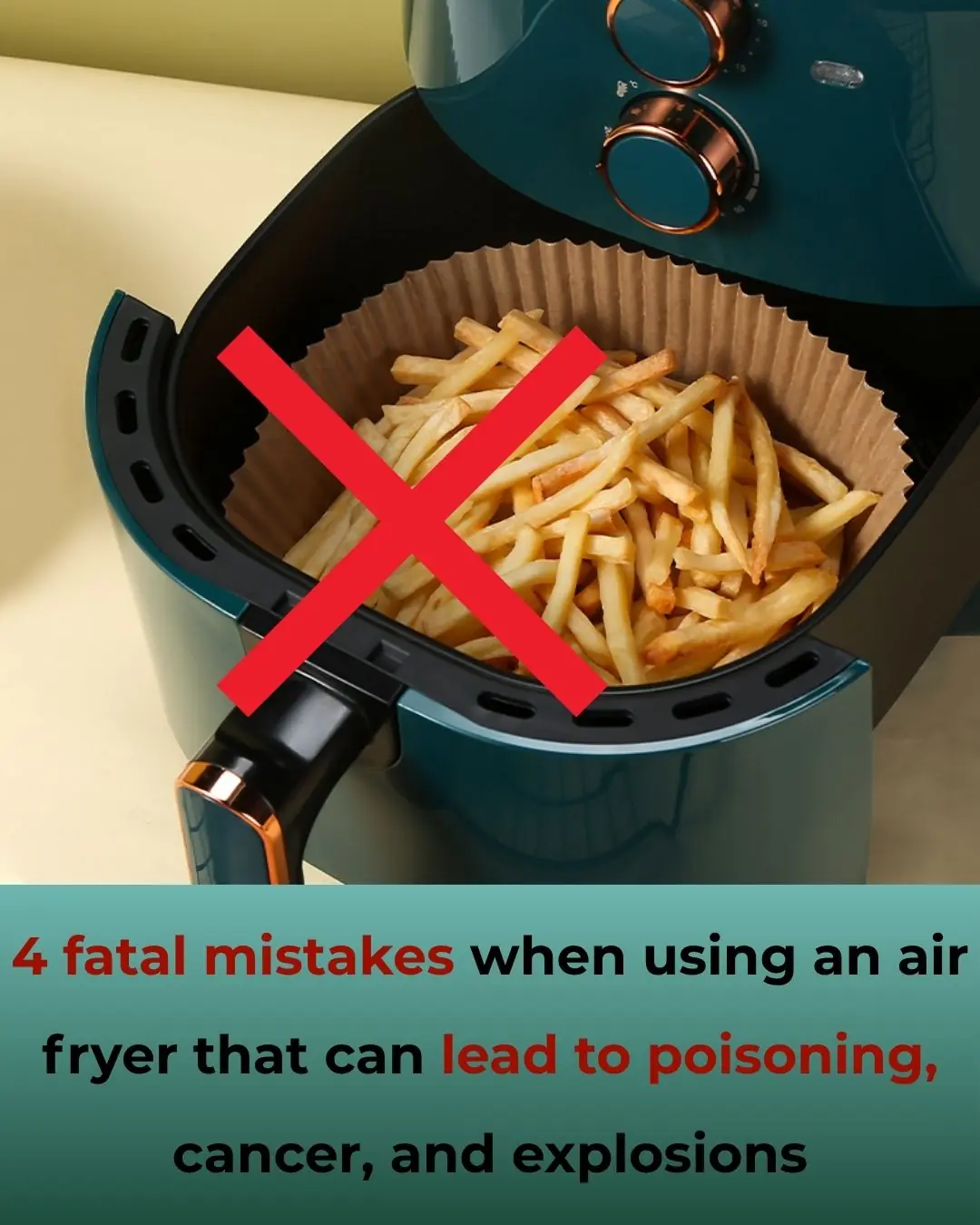
4 Dangerous Mistakes When Using an Air Fryer That Can Lead to Poisoning, Cancer, and Even Fires
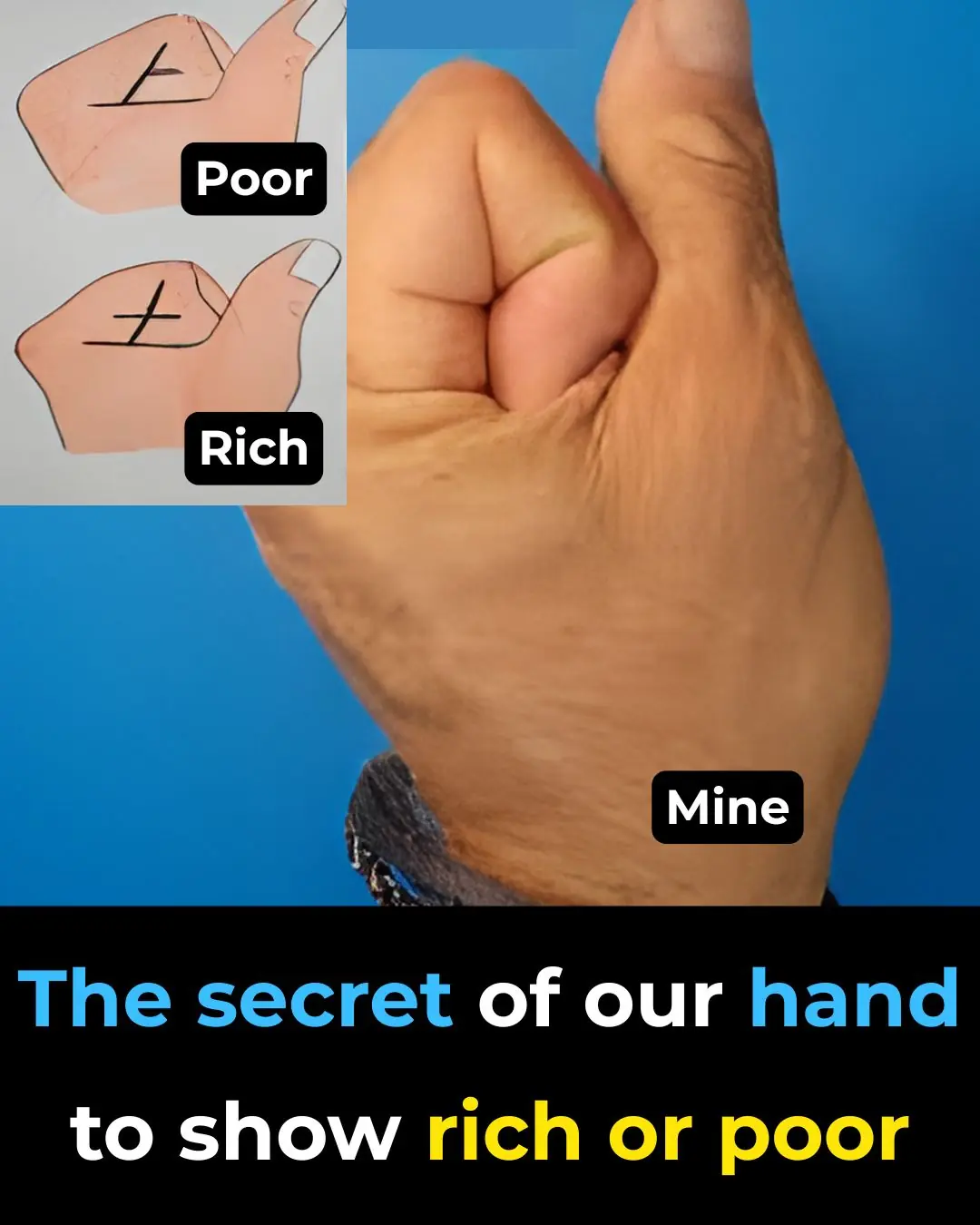
The Secret of Our Hand to Show RICH or POOR…

The Purpose of the Overflow Hole in Your Sink You Never Knew

Only 2% Know This Ancient Spice Can Clean Lung Mucus Overnight 💥

🌿 SENIORS: This 1 Leaf DESTROYS Diabetes & Melts Belly Fat (Doctors HATE It!) | Barbara O’Neill
